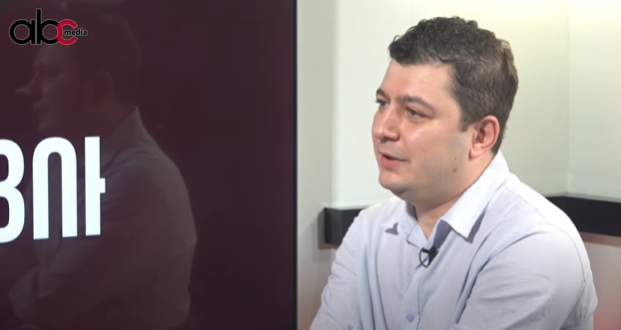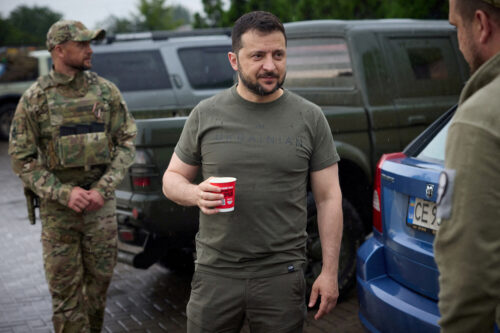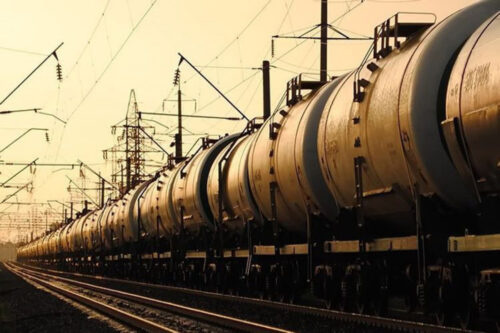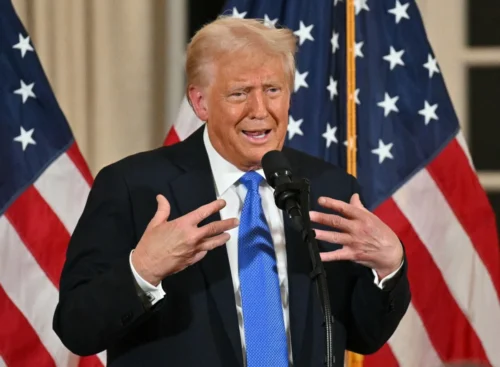
Hayk Ghazazyan: If hostilities break out the day after tomorrow, what can the government with such capabilities offer?
ABC Interview’s guest was Hayk Ghazazyan, a lawyer and an expert on the “What? Where? When?” intellectual game show. We talked with Hayk about the highly popular game and the future of Armenian football.
Hayk’s greatest concern, however, is about the threats that our country is facing. Will a government of such capabilities be able to do anything if war breaks out tomorrow?
– Hayk, you are not only a football fan, but for some time you were the director of the Football Club Pyunik. Do you think football in Armenia has a future? Are there prerequisites that we will succeed one day?
– It definitely has, because first of all it is the most popular sport in Armenia. No matter what success we achieve in wrestling, weightlifting during the Olympic Games or in other tournaments, we all love football anyway. If there is a decisive match for the Armenian national team, we all watch it on the edge of our seats. At least in this regard, football has a future. Of course, this sport must also be properly managed.
– What character should one have to play “What? Where? When?”? Is intellect alone enough?
– In fact, it’s not that the most important thing in the game is knowledge; the most important thing is the love for the game. Of course, there must also be a desire to acquire new knowledge, and if you want to play seriously, you must also be ready to sacrifice something, more specifically time to prepare, because what we see on TV is only the tip of the iceberg.
– And what does preparation imply?
– Many people do not know that the teams practice before playing. Those six people gather once or twice a week, find relevant sets of questions—already played elsewhere—and play with those questions. The team must work as a single organism in order to achieve results.
– Recently I noticed something interesting. I read that a war is about to break out, that the situation in the region is explosive, etc. We all read this and calmly go to school, to work, on holiday. Have we learned to be constantly under stress, or has our sense of danger dulled?
– Since 2020, we have all been in a similar situation. Perhaps our organism has its own settings and cannot be under stress for a long time. Unfortunately, we also get used to stress. It weakens us and dulls our ability to assess the situation objectively. I also agree that we are in a very difficult situation today, and we literally do not know what will happen tomorrow. We are facing dangerous threats, but since constant anxiety is dangerous for our health, we have learned to be calm and not get stressed. Perhaps this is also the reason why this internal mobilization does not take place either at the individual level or at the public level. There is no beneficiary of mobilization, so that the public will become interested in internal mobilization, so that we will be prepared in case of threat of danger. We do not have a single guarantee given by certain states to feel safe. If we don’t feel safe, at least there should be systemic protection, starting from municipal defense systems to information systems. They should teach, explain. But can you see something like this? There is a risk of the disaster happening again—God forbid that I should turn out right—but unfortunately, no measure is being taken to prevent it or to prepare for it.
We can see that there are countries having that potential, public consolidation, to return their captives. They go after their citizens. In 2021 during the elections, they told our hostages, prisoners “wait for another two months, we will come and release you.” If a state has not been able to return even its captives, its own citizens, within four years, if it does not have that capacity, what can we expect from it? The boys were captured during the war, which has already ended, and now we are supposedly treading the path of peace… Our state does not even have the potential to return them, and in this situation a logical question arises whether with these abilities it will be able to engage in global regional politics, build peace crossroads, etc. This government is unable to bring back its own citizens, whose exact number it does not even know; it has neither the ability nor the resources to do anything. If hostilities break out the day after tomorrow, what can the government with such capabilities offer?
Interview by Lena Gevorgyan


